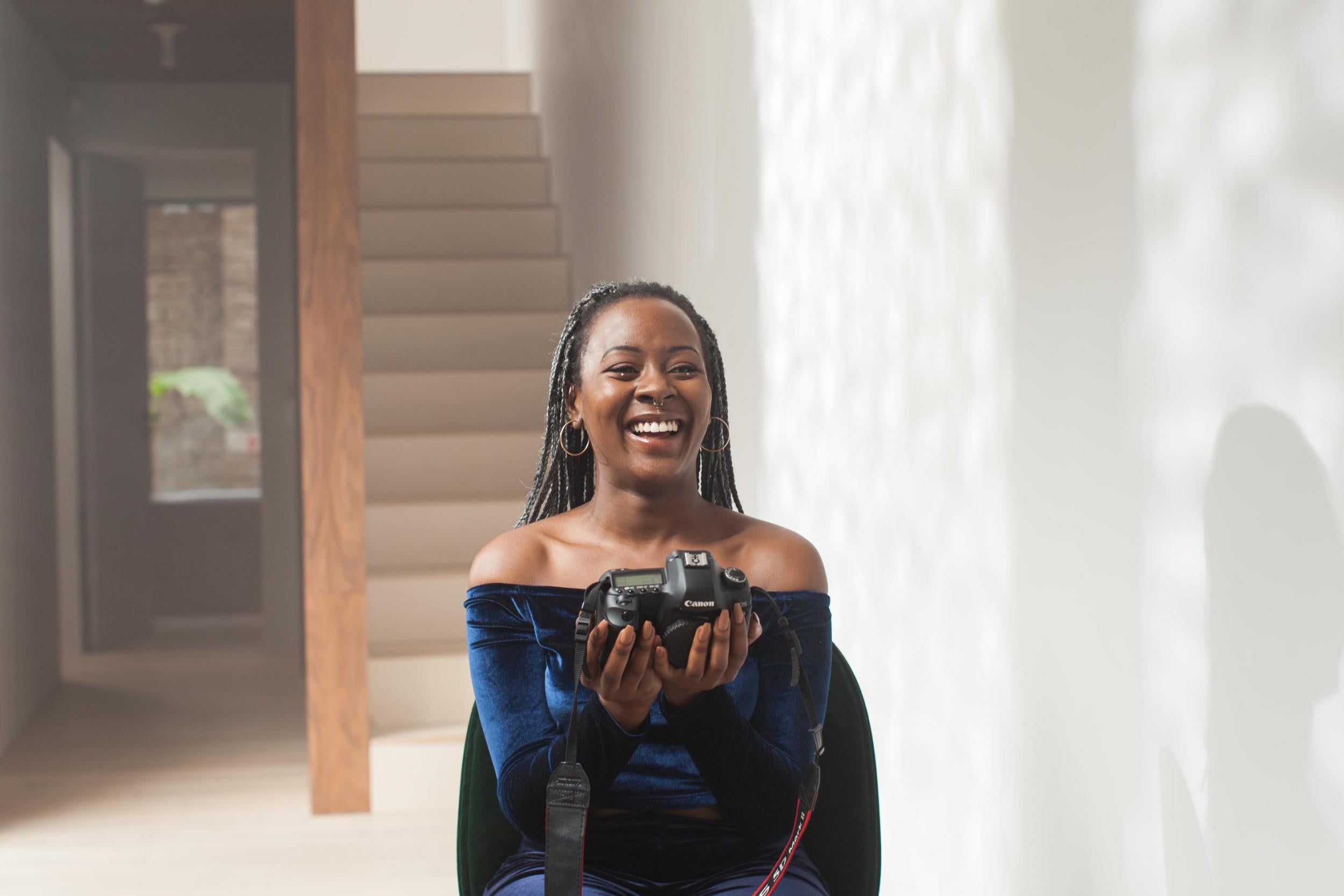100 Vaginas review: A powerful and essential documentary about sex and sexuality
Whatever the subject – menstruation, virginity, childbirth, sexual assault – this programme is, above all, honest. It should be introduced as compulsory viewing in schools
British artist Laura Dodsworth has previously attracted controversy for photographing penises and breasts, and is now approaching “the last taboo”: the vagina. While the crux of her new project, Womanhood, is taking pictures of 100 female bodies, the accompanying Channel 4 documentary offers up conversations with trans women, gay women, virgins, older women and young women about pretty much everything to do with the vagina.
There is a hideous amount of shame that still surrounds female genitalia. Many of the women photographed and interviewed in 100 Vaginas admit feeling embarrassed or ill-informed about their own bodies. You see the sense of relief when they see Dodsworth’s pictures, and the nervous expressions from others who want to know if their vulvas are “normal”. Growing up in a society that still does its best to quash female sexuality as much as possible, we still don’t get to see the variables that occur for each woman and their vagina. Nearly everyone in the documentary says that they don’t feel comfortable watching porn, whether for the way it depicts black women, or how it presents a certain body ideal, or the fact that so much porn focuses on male pleasure alone.
The camera work in 100 Vaginas is exquisite. It never feels intrusive or exploitative, although the subject matter is about as up-close-and-personal as it is possible to be. During conversations about sexuality, the footage takes its cues from art by Egon Schiele and Lucien Freud: it is frank, but also sensuous. Whatever the subject – menstruation, virginity, childbirth, sexual assault – it is above all, honest. It should be introduced as compulsory viewing in schools.
Watching 100 Vaginas as a woman, you find it impossible not to think about your own experiences. For me, I feel grateful for my grandmother, who was a hugely influential and dominant personality that I was fortunate enough to know from childhood until she died a week before I turned 21. She was an outrageous flirt, and once appeared on Loose Women where she told the panel about losing her virginity to a doctor, whom she’d sought out because she figured “he’d know where everything was”.

Not everyone has a person in their life to be a positive influence. It is troubling, but not surprising, to watch so many of the interviewees speak about growing up in cultures where menstruation is a taboo subject. There were women who had terrible sex for years because they had been taught to put their partner’s pleasure first, or else barely been told that women are able to experience the same kind of sexual pleasure as men. “The female orgasm wasn’t even a consideration,” one says of her sex education at school.
A segment on FGM is harrowing. “It took away my childhood,” says one woman, after describing in graphic detail exactly what was done to her, aged seven. Just as distressing is the scene in which several women talk about the trauma they went through giving birth, because we’re not supposed to talk about the difficult bits of motherhood. There is an enormous sense of appreciation for how candid all of the interview subjects are, and an understanding that they do so because they have all realised, however recently, quite how essential it is that we have this conversation. It’s not a radical thing, to have a vagina, but Channel 4’s documentary does feel quietly revolutionary.
Join our commenting forum
Join thought-provoking conversations, follow other Independent readers and see their replies
Comments
Bookmark popover
Removed from bookmarks